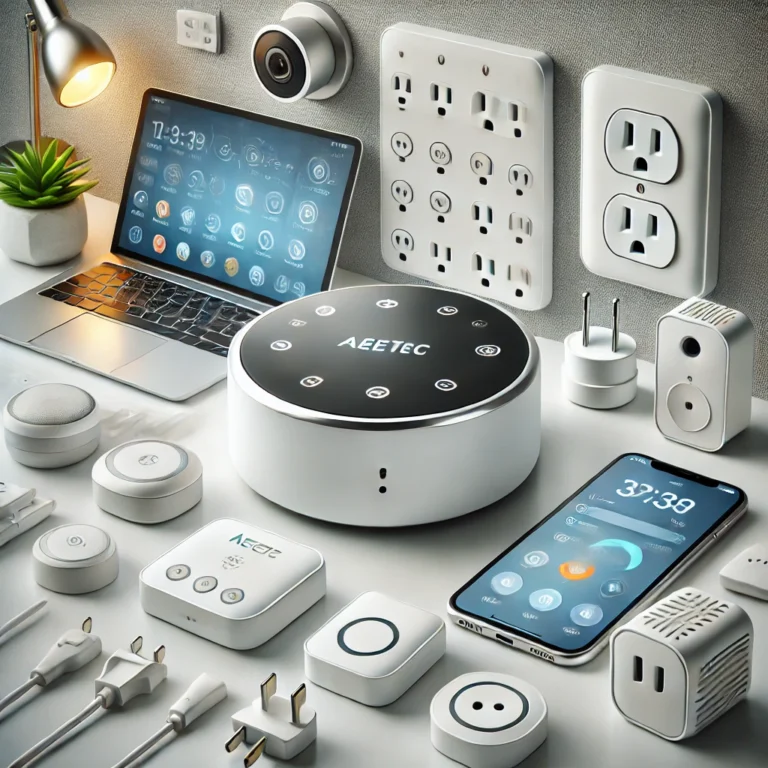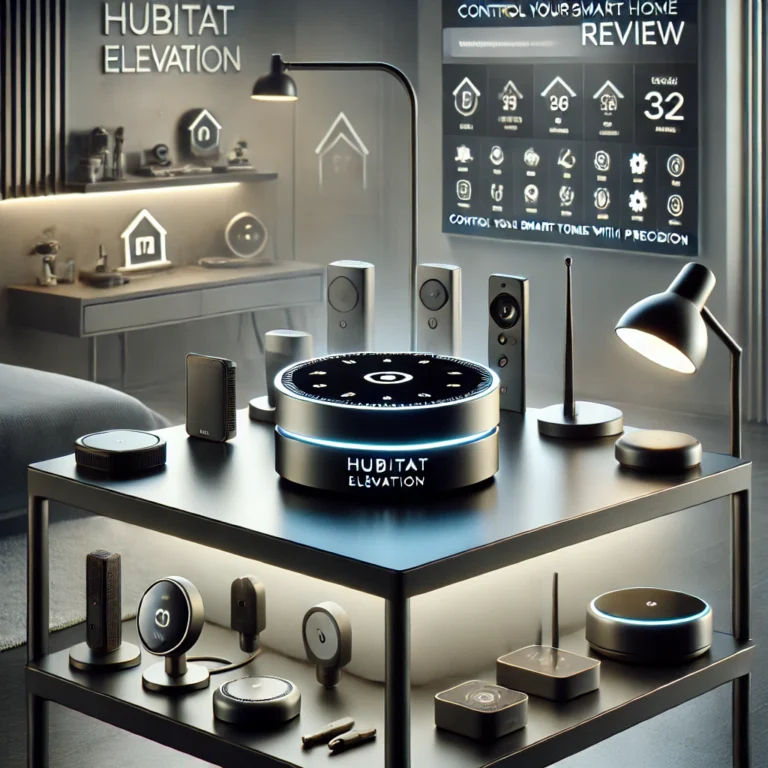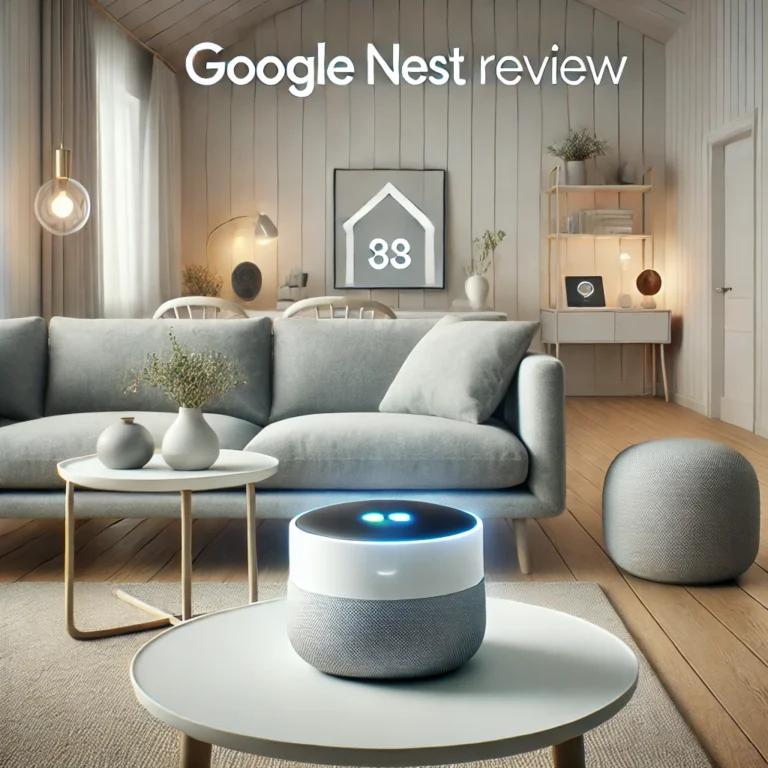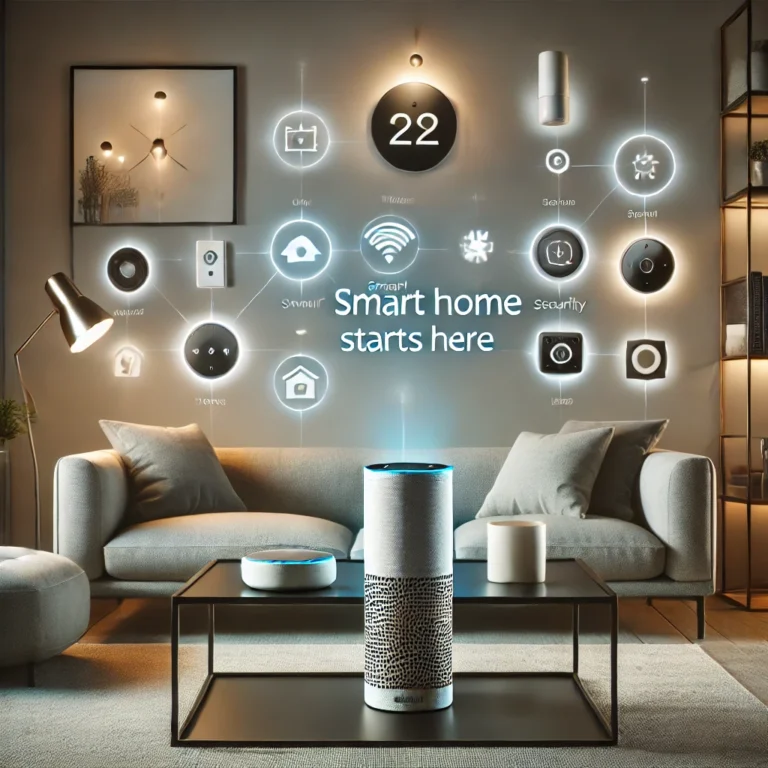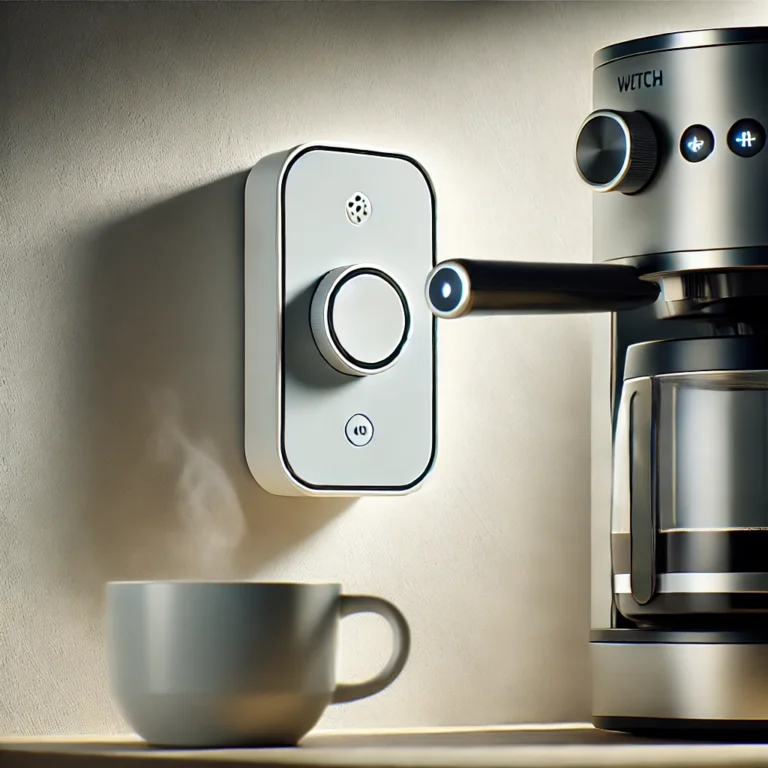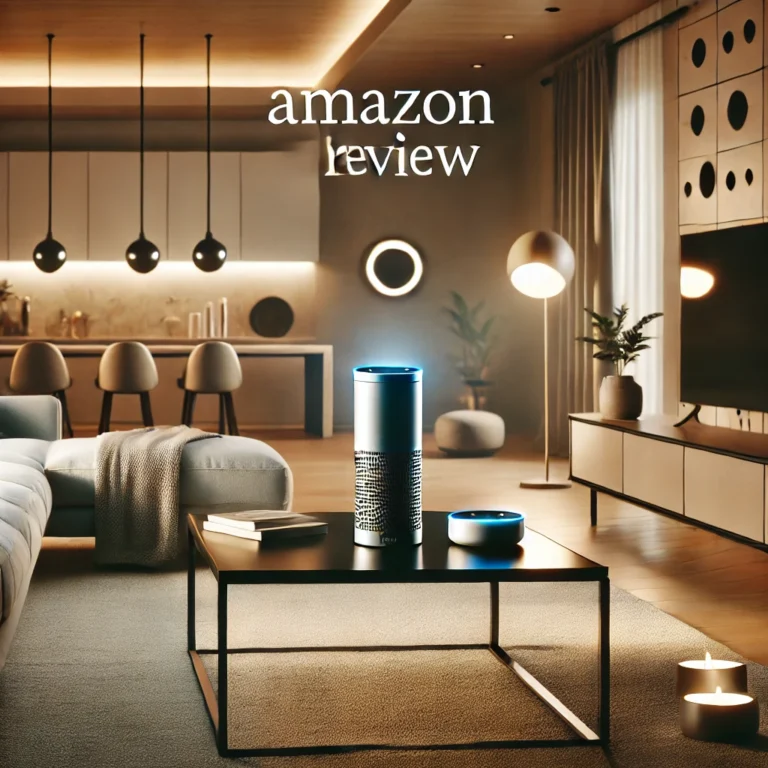Are Smart Home Hubs Worth It? How To Decide Whether They Are Right For You!
As smart home technology continues to evolve, more people are investing in devices like smart lights, thermostats, security cameras, and voice assistants.
But managing multiple devices can get cumbersome, especially if each one has its own app or system.
This is where smart home hubs come into play. But the question remains: are smart home hubs worth it?
In this article, we’ll explore the benefits of smart home hubs, their pros and cons, how people typically get started with them, and what customer feedback says about these devices.
Click here to see the best choices…

What is a Smart Home Hub?
A smart home hub is a central device that connects various smart home products, allowing them to work together more seamlessly. Rather than controlling each device through individual apps or systems, the hub acts as a command center, streamlining control and integration.
Hubs vary in complexity. Some are simple, standalone devices, while others come integrated into smart speakers like Amazon Echo or Google Nest. Their key role is to allow users to automate and control multiple devices in one place.
Popular Smart Home Hubs:
Amazon Echo (Alexa)
Google Nest Hub
Samsung SmartThings
Apple HomeKit
These systems are designed to unify smart home gadgets, making it easier to manage them through a single app or voice assistant.
The Benefits of Smart Home Hubs
1. Unified Control
One of the primary benefits of a smart home hub is unified control over multiple devices. Instead of juggling between different apps for smart lights, thermostats, security systems, and more, a hub allows you to control all your gadgets from one interface. This saves time and makes smart home automation more user-friendly.
2. Automation and Scheduling
Smart home hubs enable users to create complex automation routines. For example, you could set up a “Good Morning” routine where the lights gradually turn on, the thermostat adjusts to a comfortable temperature, and the coffee machine starts brewing—all triggered by your morning alarm. This level of automation is hard to achieve without a central hub to coordinate these actions.
3. Voice Control Integration
Most smart home hubs work seamlessly with popular voice assistants like Alexa, Google Assistant, and Siri. This means you can control your devices with voice commands, making the whole process hands-free. Whether you’re asking Alexa to turn off the lights or asking Google to adjust the thermostat, the integration can make your daily routines more convenient.
4. Enhanced Security
Security is another big advantage. With a smart home hub, you can integrate smart locks, cameras, motion detectors, and alarms into one system. This allows you to monitor your home more efficiently and get real-time alerts if something seems off. For instance, you can set your security cameras to automatically turn on and send alerts to your phone if motion is detected at night.
5. Energy Efficiency
Hubs make it easier to control and monitor energy consumption. You can set your thermostat to adjust automatically when you’re not home or schedule your smart plugs to turn off devices during off-hours. Many users find that automating their smart home leads to noticeable savings on utility bills.
6. Future-Proofing
As the market for smart home devices grows, having a hub that supports multiple platforms can help future-proof your setup. Rather than being locked into one brand, a hub allows for more flexibility as new devices and technologies become available.
The Downsides of Smart Home Hubs
While smart home hubs offer many advantages, they aren’t without their drawbacks. Here are some of the most common cons.
1. Compatibility Issues
One of the most frustrating aspects of smart home hubs is compatibility. Not all devices work with every hub, which can limit your choices. For instance, if you have a device that only works with Apple HomeKit, but your hub is based on Google Nest, you might find yourself needing multiple hubs to integrate all your devices. This can lead to added complexity instead of the simplicity hubs promise.
2. Upfront Costs
Another downside is the cost. While many individual smart devices are relatively affordable, investing in a smart home hub can be a significant upfront expense. Popular hubs like the Samsung SmartThings hub or an Amazon Echo can cost anywhere from $50 to $150 or more, depending on the model and features. Add to that the price of individual smart devices, and creating a fully integrated smart home can become quite expensive.
3. Complexity of Setup
Setting up a smart home hub and connecting all your devices can be daunting, especially for those who are not tech-savvy. While manufacturers aim to make the process as simple as possible, there’s still a learning curve. Some people may find themselves frustrated with connectivity issues or trying to figure out how to automate routines.
4. Privacy Concerns
Anytime you bring more connected devices into your home, there are privacy concerns to consider. Smart home hubs often collect data about your habits to improve their functionality. While this data collection is typically done to provide better user experiences, some people are uncomfortable with the idea of their home devices tracking their every move. Moreover, some hubs, particularly those with voice control, are always listening, which can be unsettling for privacy-conscious users.
How Do People Get Started with Smart Home Hubs?
For most people, the journey into smart home hubs starts with the purchase of a single smart device, like a smart speaker or smart light. As they add more devices to their home, they start to see the value of consolidating control.
Here’s a typical progression:
Start with a single device: A smart speaker or thermostat is often the entry point.
Explore automation features: As they get more comfortable, they explore the convenience of automating daily routines, such as lighting and temperature control.
Invest in a smart home hub: Once they’ve added multiple devices, they may decide to purchase a dedicated smart home hub to unify and control them more efficiently.
Expand the smart home ecosystem: Over time, they add more devices like security cameras, smart locks, and smart plugs to their hub-controlled network.
Customer Feedback: What Do People Say About Smart Home Hubs?
Positive Feedback:
Convenience: Many users appreciate the convenience of being able to control all their devices in one place. Voice commands, in particular, receive high praise for their ease of use.
Customization: Customers enjoy being able to set up personalized automation routines that make their daily lives easier.
Increased home value: Some users feel that investing in a smart home hub has added value to their home, especially when it comes to energy efficiency and security.
Negative Feedback:
Compatibility headaches: One of the most common complaints is that not all devices are compatible with every hub, leading to frustration.
Technical difficulties: Setting up a hub and connecting devices can be tricky, with many users reporting initial issues with connectivity or automation features.
Cost concerns: Some customers feel that the costs of purchasing a hub and compatible devices add up quickly, making it a significant investment.
Conclusion: Are Smart Home Hubs Worth It?
In the end, whether a smart home hub is worth it depends on your needs, budget, and tech-savviness. For those who have multiple smart devices and want an easy, integrated way to control them, a hub can be a game-changer. The ability to automate routines, improve home security, and save on energy bills are strong selling points. However, it’s important to weigh the potential downsides, such as compatibility issues and upfront costs, before diving in.
If you’re willing to invest the time and money, and you’re excited about the idea of a fully integrated smart home, then a smart home hub may be well worth the investment.
We would also recommend checking out our reviews on smart home hubs, it is probably best to wait to go for a hub when you have more than one automated product in your home. For instance if you just have a video doorbell, you probably have no need for a smart hub.
However, if you have a lot of automated products such as lights, video doorbells and more – you will be able to control them far easier with a home hub.
